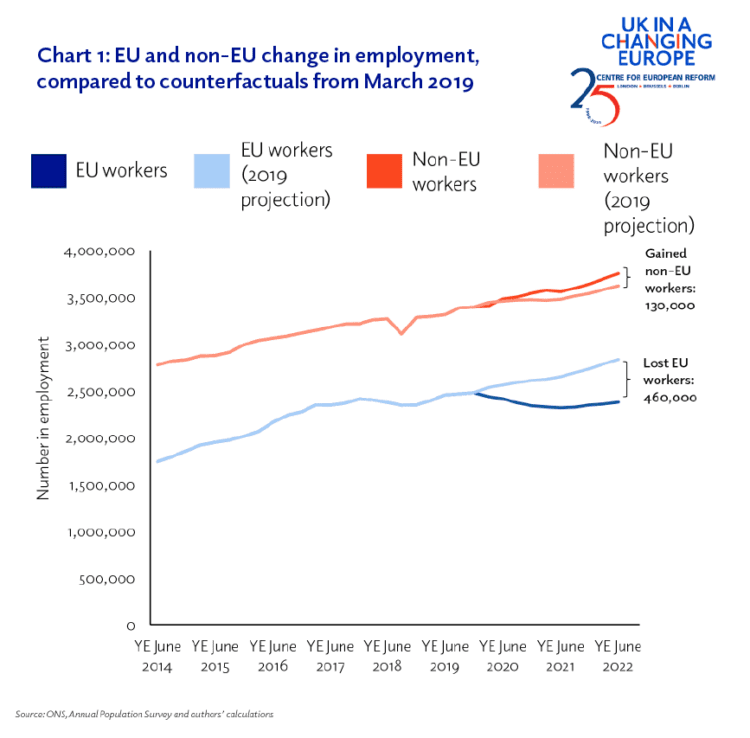Brexit has fundamentally transformed the immigration landscape in the UK, particularly for EU nationals who previously enjoyed free movement across borders. The end of the transition period has led to the introduction of new immigration rules that complicate the process for EU citizens wishing to live and work in the UK. Many individuals who did not apply for settled or pre-settled status are now facing uncertain futures, as their rights to remain are no longer guaranteed.
The points-based immigration system now in place emphasizes skills and qualifications, making it more challenging for EU nationals in low-wage jobs to secure work visas. This shift has created labor shortages in various sectors, particularly in agriculture, hospitality, and healthcare, as businesses struggle to fill roles that were once easily occupied by EU workers. Moreover, the emotional impact on families who may be separated due to these changes adds another layer of complexity to the situation.
Legal challenges and advocacy efforts are ongoing, as many EU nationals seek to retain their rights and ensure a fair pathway to residency. The long-term effects of Brexit on the UK’s economy and labor market continue to unfold, with significant implications for both EU nationals and British society.






![[5] Elysian EMPIRE?! | EU4 Third Odyssey | Elysia](https://cdn-gffmd.nitrocdn.com/gjoSNeYBsqSNoPxmYqKYbyquENOuuAdw/assets/images/optimized/rev-59a311a/198immigrationnews.com/wp-content/uploads/2021/10/1634740868_maxresdefault-120x86.jpg)
